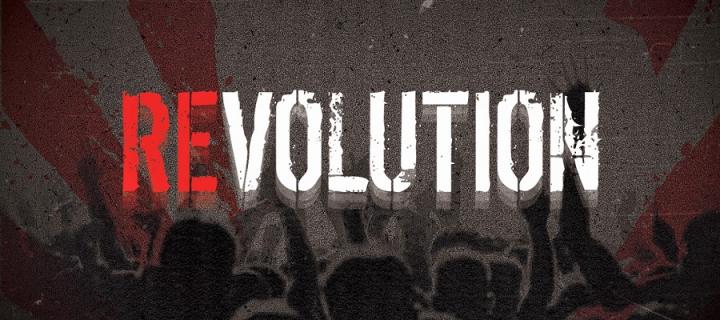The Changing Face of Revolution, 1900-2014
Defining a revolutionary episode as a mass siege of an established government with the aims of displacing the incumbent regime and substantially altering the political or social order, professor Beissinger explores the changing character of revolution as a mode of regime-change using a new dataset on revolutionary episodes from 1900 to 2014. He shows that we live in a revolutionary era in which attempts to overthrow government through large-scale mass mobilization occur at a significantly greater pace than was true during the first half of the twentieth century or the Cold War. A combination of social and political forces - global urbanization, geopolitical change, and the emergence of new communications technologies - have led to a shift in the character and frequency of revolutionary activity worldwide. While social revolution has grown marginalized, and the agrarian-bureaucratic societies that Skocpol identified as so central to social revolution have now urbanized, a new model of urban civic revolt has emerged that aims to mass as many people as possible in central urban spaces in a concentrated period of time with the aim of precipitating defections from an incumbent regime.

The Changing Face of Revolution, 1900-2014
Seminar Room 2
Chrystal Macmillan Building
15a George Square
Edinburgh
EH8 9LD

